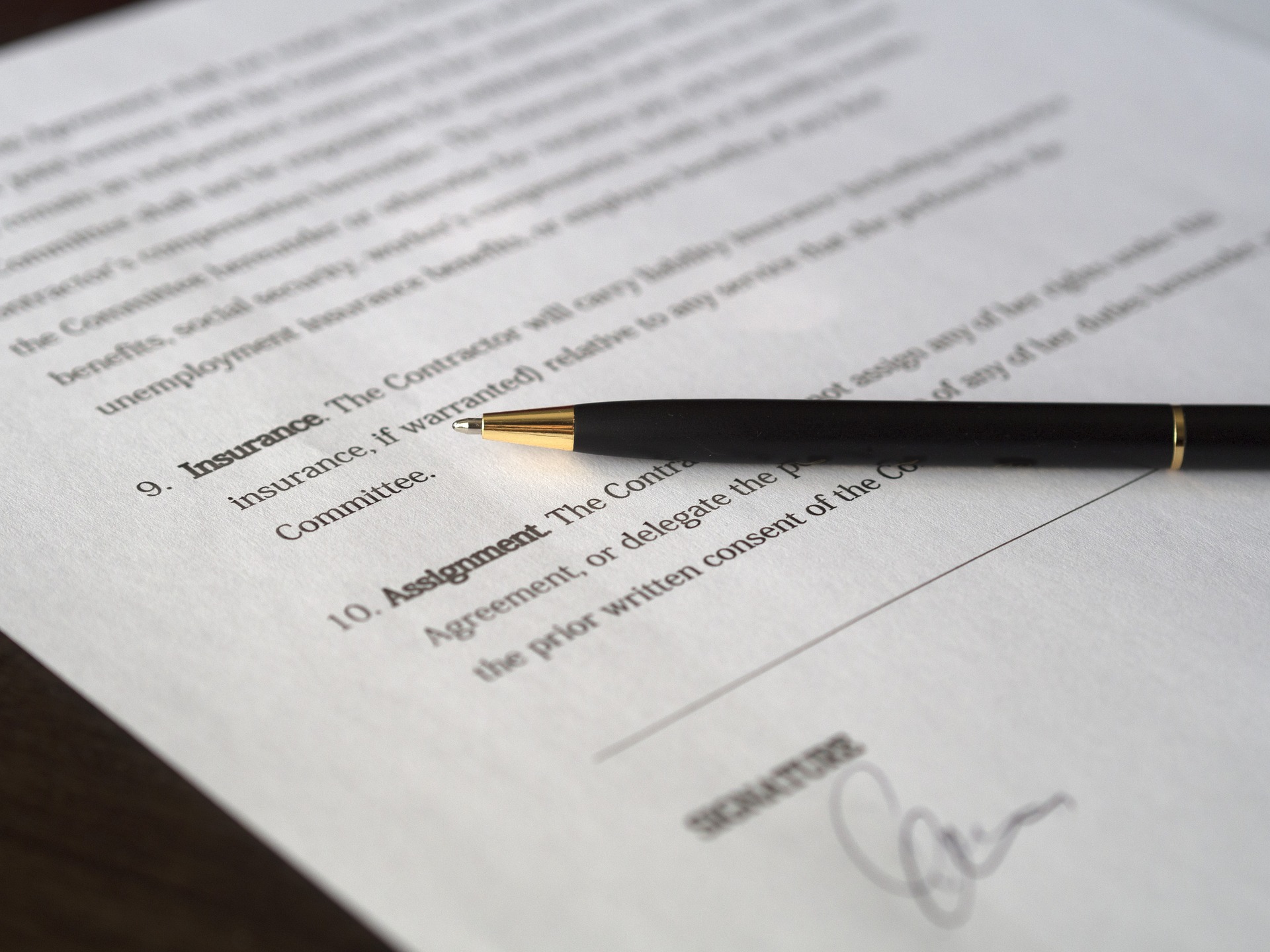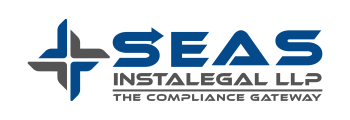Sole Proprietorship Registration
It is a one stop solution for all kind of Registration or Compliance Requirement.
Our Services
Sole Proprietorship Registration
A sole proprietorship does not require formal registration with the government. It is the simplest form of business structure and can be easily started by an individual. However, you may need to obtain the necessary licences and permits for your specific business and register for taxes. It is also advisable to check with local authorities for any specific regulations or requirements in your area.


Success Project
+
0
%
Documents Required For Sole Proprietorship Registration
Photograph - Passport Size Photo of the Proprietor.
Pan Card - Copy of Pan Card of the Proprietor.
Identity – Copy of Adhaar Card/Voter Id Card/PAN Card/Passport/Driving License of the Proprietor.
Address Proof For the Business - Copy of Electricity bill and Rent Agreement/NOC.
What we offer
Advantages Of Sole Proprietorship Registration
Easy to start and operate
A sole proprietorship is easy to start and does not require complex legal or regulatory compliance. They require only registrations and licences that are specific to the nature of the business. There is minimal paperwork and regulation compared to other business structures, making it a simple and straightforward option for individuals who want to start their own business.
Low Investment
Starting a sole proprietorship typically requires a low amount of investment. Unlike other business structures, sole proprietorships do not have to meet formal requirements or pay high fees to set up. The only costs associated with starting a sole proprietorship are typically those related to obtaining any necessary licences and permits, registering the business name, and purchasing any supplies or equipment needed to operate the business. This makes it an attractive option for individuals with limited financial resources who want to start a business.
No Sharing of Profits
In a sole proprietorship, the owner is entitled to all profits generated by the business and does not have to share them with anyone else. All income generated by the business is considered the personal income of the owner and is taxed accordingly. The simplicity of the business structure and the fact that the owner has complete control over the business and its profits are among the reasons why many individuals choose to operate as a sole proprietorship.
Less Compliance Requirements
Compared to other business structures, a sole proprietorship generally has fewer compliance requirements. There is no legal requirement to file annual reports or hold regular shareholder meetings, and the owner is not subject to the same regulations and restrictions that other business structures must comply with. However, it's important to note that a sole proprietorship must still comply with relevant federal, state, and local laws and regulations, such as tax laws, employment laws, and health and safety regulations, among others.
Full Control
A sole proprietorship has complete control over the business. As the sole owner, they make all decisions and have the final say in all matters related to the business. They are also entitled to all profits generated by the business and have the freedom to operate the business as they see fit, subject to any relevant laws and regulations. The simplicity and autonomy of the sole proprietorship structure are among the reasons why it is a popular choice for individuals who want to start their own business.
Direct profits
The sole proprietor receives all profits directly, without having to share them with partners or shareholders. All income generated by the business is considered the personal income of the owner and is taxed accordingly. The owner has complete control over how the business is operated and how its profits are used, which can be an attractive feature for individuals who want to start their own business. However, it's important to note that the owner also assumes full responsibility for any debts or obligations of the business, and their personal assets may be at risk if the business is unable to meet its financial obligations.
Flexibility
The owner has the freedom to make changes to the business as needed and adapt to market conditions quickly.
Privacy
A sole proprietorship does not require public disclosure of financial and ownership information.
Frequently Ask Question
A sole proprietorship is a type of business structure in which a single individual owns and operates the business. The owner is responsible for all debts and obligations of the business and receives all profits. It is the simplest form of business organization and requires minimal formalities to set up. However, the owner also has unlimited personal liability for the debts and obligations of the business.
No, a sole proprietorship does not have a separate legal existence from its owner. This means that if the owner dies or otherwise leaves the business, the sole proprietorship will typically cease to exist.
There is no minimum capital requirement for registering a sole proprietorship firm. A sole proprietorship can be started with any amount of personal capital that the owner is able to invest. However, it is important to note that the amount of capital available will impact the scope and scale of the business operations. The owner may need to secure additional financing from personal savings, loans, or investors to support the growth of the business.
There is no separate law for the governance of sole proprietorships in India.
No, Proprietorships don’t get any certificate of incorporation.
Yes, a sole proprietorship business can be transformed into a private limited company.
one of India's leading platforms for business registrations. We can assist you with the formation of a sole proprietorship.
No, a sole proprietorship does not have limited liability. As the owner of a sole proprietorship, the individual has unlimited personal liability for the debts and obligations of the business. This means that the owner's personal assets, including their bank accounts, real estate, and personal possessions, are at risk in the event that the business is unable to pay its debts or is sued.
Minors (persons under the age of 18) are not legally able to enter into contracts or own businesses. As a result, they cannot legally start or own a sole proprietorship. The business must be owned and operated by an individual who has reached the age of majority and is legally capable of entering into contracts.
Yes, a sole proprietor is allowed to hire employees for their business. However, as the owner of a sole proprietorship, the individual is responsible for all aspects of the business, including managing and paying employees. The owner must also comply with all applicable employment laws and regulations, such as minimum wage laws, workers' compensation requirements, and tax withholding obligations.
Yes, a salaried person or an individual who is employed can form a sole proprietorship firm in addition to their existing employment. However, it is important to note that owning and operating a business can be time-consuming and require significant effort and dedication.
Yes, a sole proprietorship firm can be registered at the owner's home or residential address. In many cases, this is the most convenient and cost-effective option for the owner, as it allows them to operate their business from a location that they already own or rent.
To protect the name of the business, the owner may consider registering it as a trademark under the Trademarks Act, 1999. This will give the owner exclusive rights to use the name for their business and prevent others from using a similar name for similar products or services.
